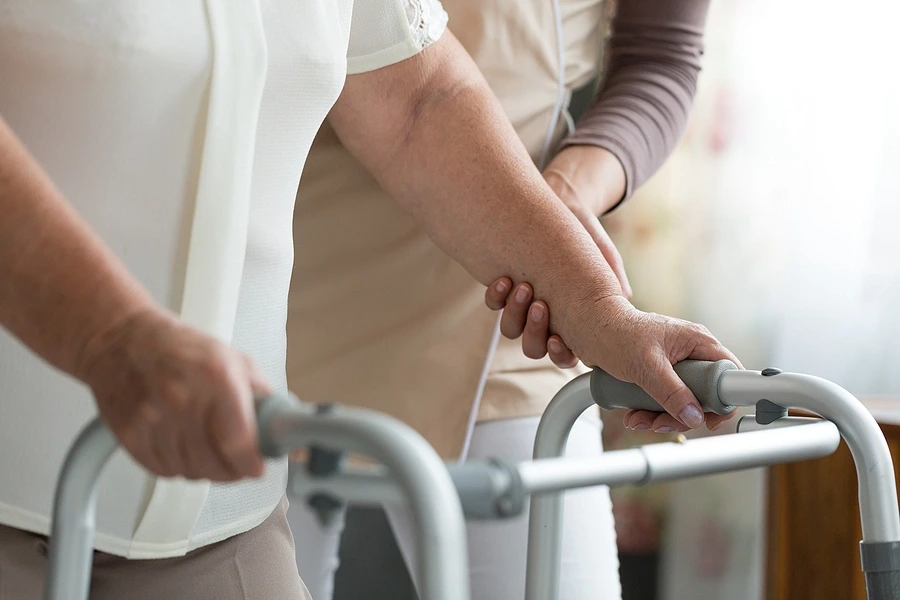The Social Implications of Elder Abuse Litigation

Elder abuse, an often overlooked societal issue, is unfortunately prevalent and can have severe, lasting consequences. Litigation related to elder abuse serves not only to seek justice for individual victims but also to shed light on this issue and drive systemic change. This post will explore the social implications of elder abuse litigation, extending beyond the confines of the courtroom to society at large.
Elder Abuse: A Silent Epidemic
Elder abuse can take many forms, including physical, emotional, sexual, financial, or neglect. Despite its alarming prevalence, it often goes unreported, due in part to the vulnerability of victims, fear of retaliation, or lack of awareness about available legal remedies. Litigation can play a key role in raising awareness about this silent epidemic, prompting society to pay more attention to the well-being of older adults.
Litigation and the Quest for Justice
Elder abuse litigation serves a critical function by ensuring that those who commit abuses are held accountable. Not only does this provide justice for victims, but it also sends a powerful message to potential abusers. It deters would-be abusers by highlighting the serious legal consequences that they may face for their actions.
Societal Awareness and Systemic Change
High-profile elder abuse lawsuits can bring widespread attention to the issue, prompting public dialogue and societal introspection. They can lead to changes in public policy and legislation aimed at protecting older adults. By casting a spotlight on the issue, elder abuse litigation can inspire societal efforts to prevent abuse and promote the welfare of older adults.
Shaping Professional Standards and Practices
Elder abuse litigation can also impact professional standards and practices, particularly in the healthcare and caregiving industries. Lawsuits often uncover systemic issues or lax practices that contribute to abuse. The prospect of legal repercussions can motivate institutions to implement stricter standards and more rigorous training, promoting a culture of care and respect for older adults.
The Role of Litigation in Victim Empowerment
Elder abuse litigation can play a pivotal role in empowering victims. By taking legal action, victims assert their rights and refuse to silently endure maltreatment. This can serve as an inspiration for other victims to come forward, seek justice, and reclaim their dignity.
Navigating the Legal Landscape of Elder Abuse
While the societal implications of elder abuse litigation are wide-ranging, navigating the legal landscape can be challenging for victims and their families. It’s essential to seek assistance from a legal professional with experience in elder law. They can help guide victims through the process, ensuring that their rights are protected and that they receive the justice they deserve.
Conclusion
Elder abuse litigation has profound societal implications. Beyond providing justice for individual victims, it raises awareness of the issue, drives systemic change, influences professional standards, and empowers victims. Although the path to justice can be complex, legal professionals stand ready to assist, ensuring that elder abuse does not go unnoticed or unpunished. As a society, we must recognize the essential role of elder abuse litigation in advocating for the rights and well-being of our older adults.
